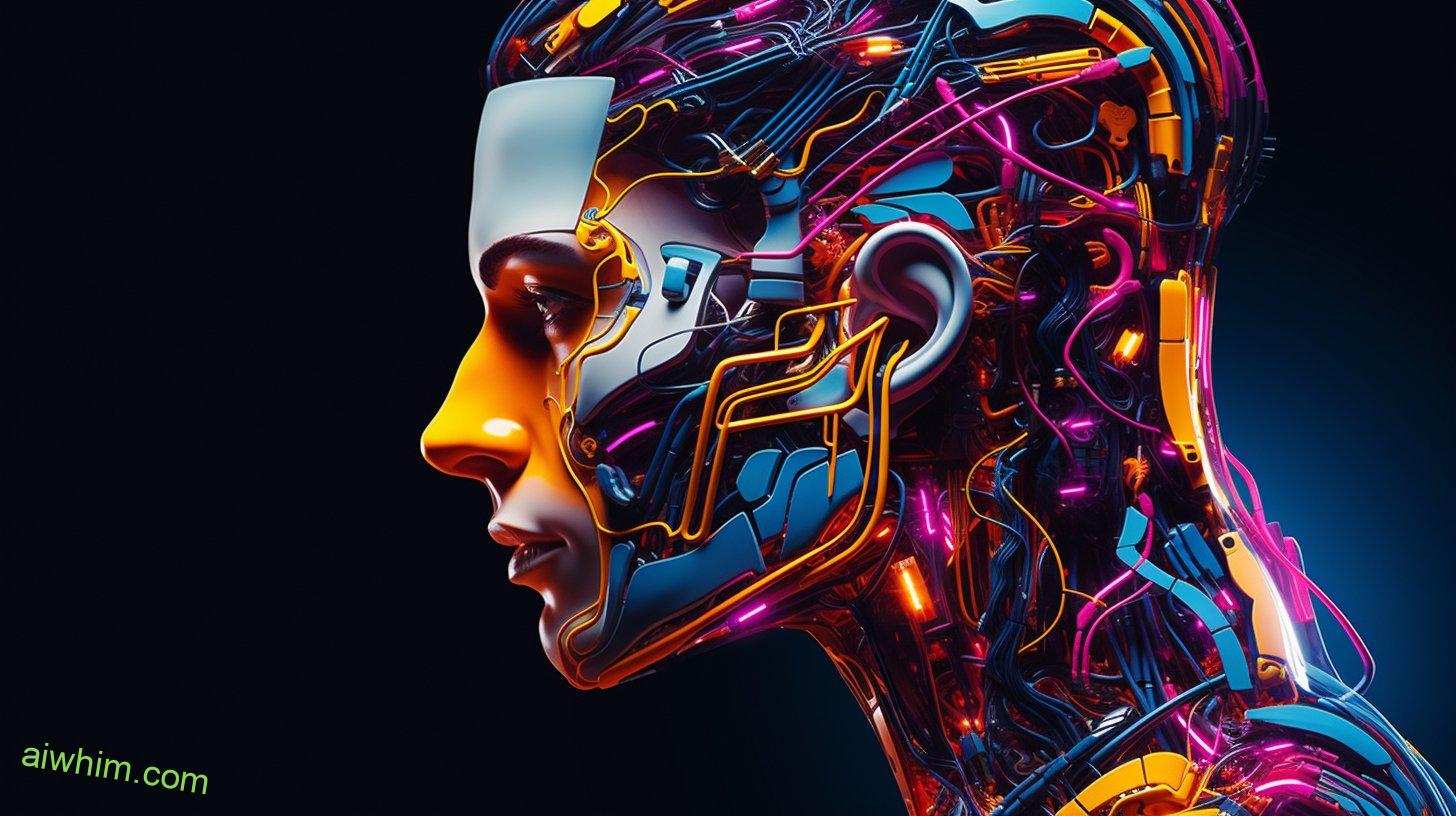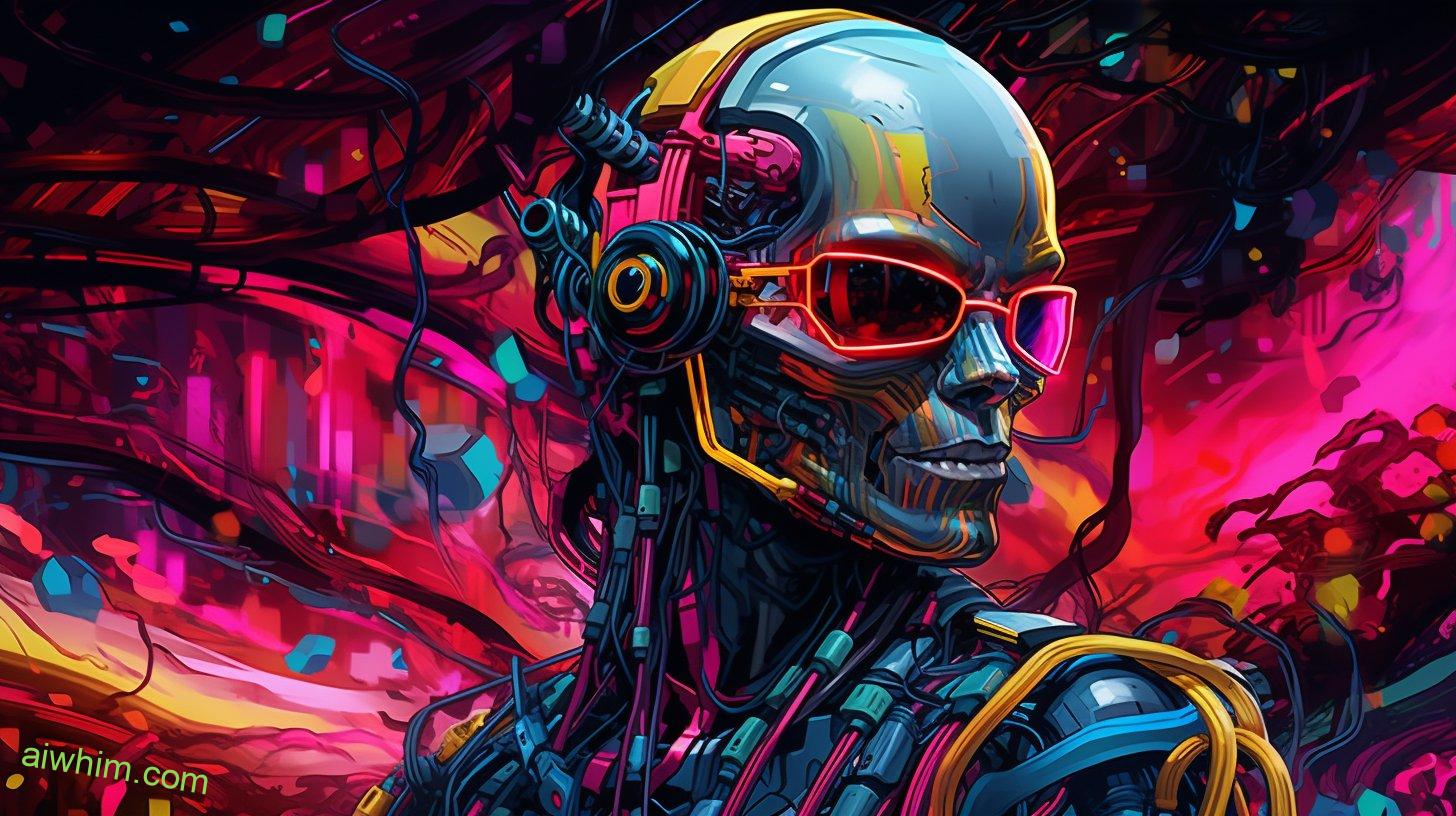So you think you’re safe from the rise of AI in the field of history? Think again. With artificial intelligence becoming more advanced every day, historians are facing a future where their expertise may be challenged. But is this a threat or an opportunity?
In this article, we’ll explore the impact of AI on historical research and discuss the potential advantages and limitations it presents. Brace yourself, because the future of historians with AI around is about to be unveiled.
Key Takeaways
- AI aids in the preservation and analysis of historical data by digitizing and storing historical documents.
- AI algorithms sift through vast amounts of historical data, extracting relevant information quickly and identifying patterns and trends that humans might miss.
- AI expands research horizons and provides fresh perspectives in historiography by processing and analyzing large datasets and uncovering hidden patterns and insights.
- AI should be used as a tool, not a replacement for human historians, as it lacks critical thinking, contextual understanding, and can be biased. Historians need to critically evaluate AI-generated results and complement them with their expertise.

The Role of AI in Historical Research
You might be wondering how AI is shaping the role of historians in their research. Well, let me tell you, the role of AI in historical research is truly revolutionary. AI has become an invaluable tool for historians, aiding them in the preservation and analysis of historical data.
With AI, historians are able to digitize and store vast amounts of historical documents, ensuring their preservation for future generations.
One of the key roles of AI in historical research is its ability to assist in the preservation of historical artifacts and documents. AI technologies, such as optical character recognition (OCR), can scan and convert physical documents into digital formats. This not only helps in the preservation of fragile and deteriorating documents but also makes them more accessible to researchers all around the world. Imagine being able to access historical texts from the comfort of your own home!
However, implementing AI in historical research does come with its own set of challenges. One major challenge is the accuracy and reliability of AI algorithms. Historical documents often contain handwriting, faded ink, or other forms of degradation, which can pose difficulties for AI systems. Historians need to ensure that the AI algorithms they use are capable of accurately interpreting and analyzing such data.
Another challenge is the ethical consideration of AI in historical research. AI algorithms are only as good as the data they’re trained on. Historians need to be cautious of any biases that may be present in the data used to train AI systems. The interpretation of historical events should remain impartial and objective, and historians must actively work to ensure that AI doesn’t perpetuate any subjective biases.
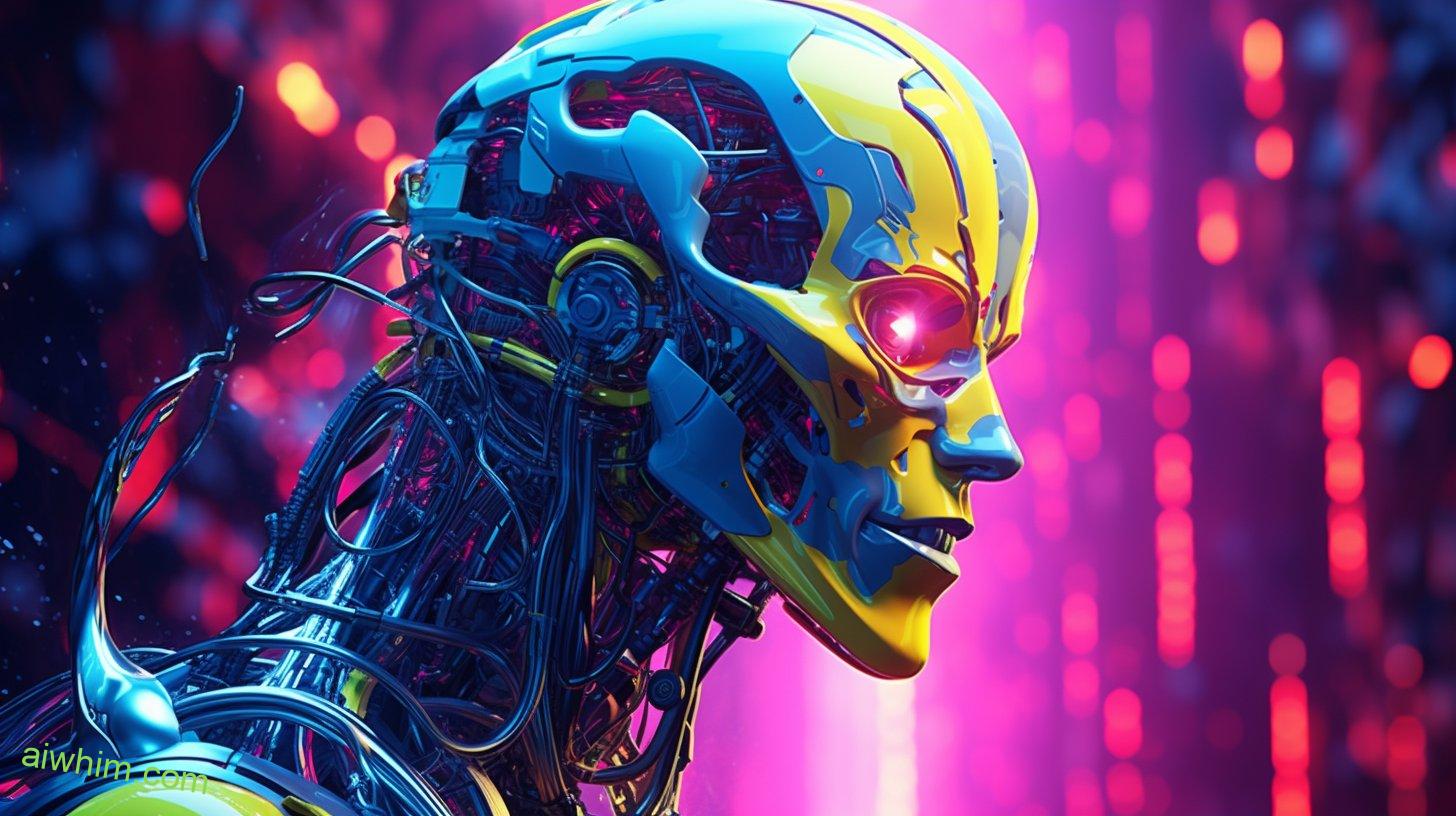
AI’s Impact on Data Analysis in History
With AI’s ability to analyze data in history, you’ll see a significant impact on how information is interpreted and understood. AI is revolutionizing the field of historical research by enhancing data collection and analysis processes.
Here’s how AI is reshaping the way we understand history:
- Efficient data collection: AI algorithms can sift through vast amounts of historical data, extracting relevant information quickly and accurately. This allows historians to access a wider range of sources and discover previously overlooked details.
- Improved data analysis: AI algorithms can identify patterns, correlations, and trends in historical data that humans might miss. By analyzing data on a massive scale, AI can provide valuable insights and uncover new perspectives, enriching the historical narrative.
- Enhanced objectivity: Historians are influenced by their own biases and perspectives, which can affect their interpretation of historical events. AI, on the other hand, is unbiased and impartial, providing a more objective analysis of historical data.
- New research possibilities: AI enables historians to explore new research questions and tackle complex problems. By leveraging AI’s computational power, historians can conduct large-scale data analyses and simulations, shedding light on previously unanswered historical mysteries.
Through AI’s role in historical data collection and its impact on the historical narrative, we’re witnessing a transformative shift in the way we understand and interpret history. As AI continues to evolve, historians can embrace this technology to uncover new insights, challenge existing narratives, and ultimately, present a more comprehensive and accurate understanding of our shared past.
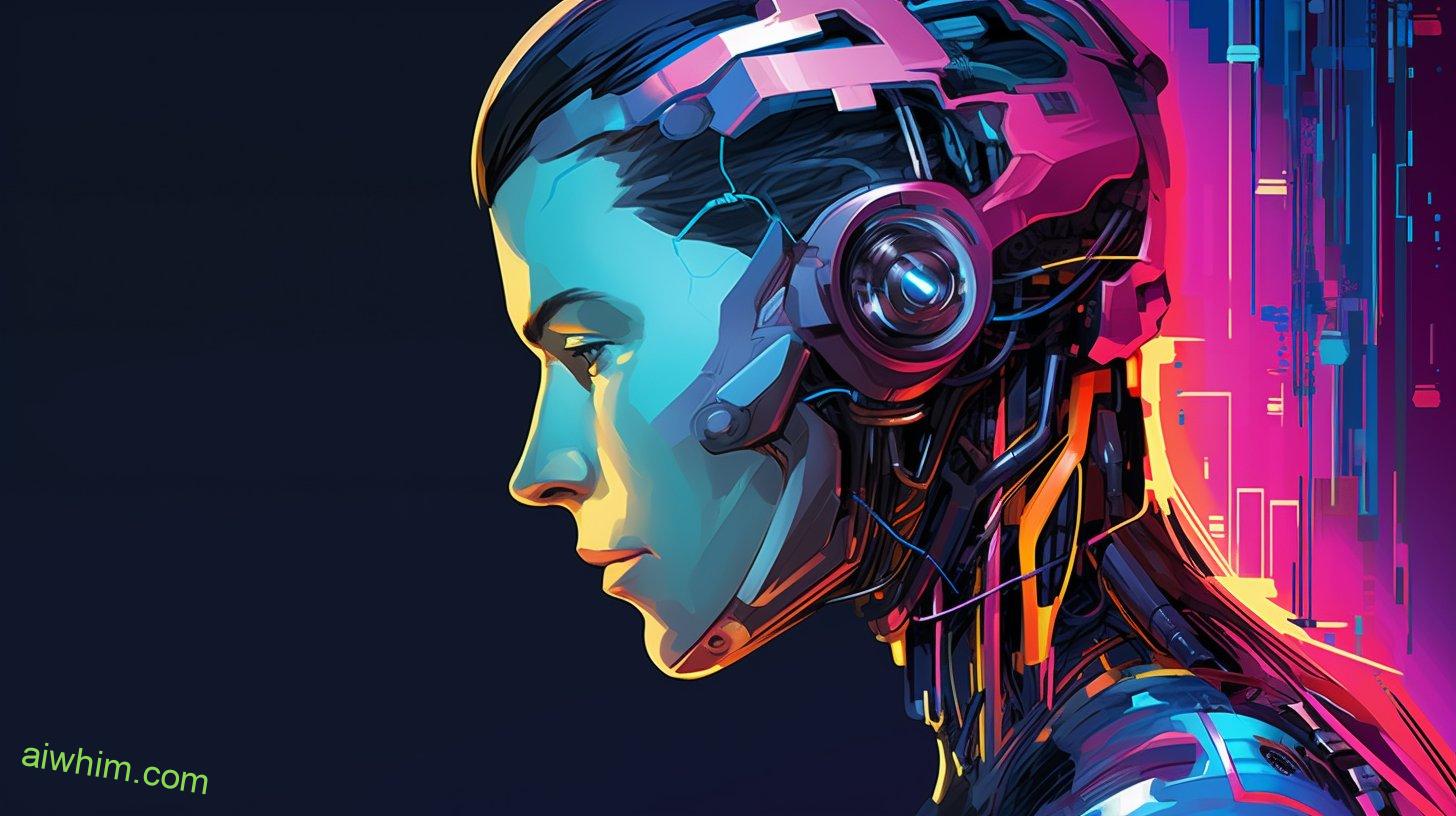
Advantages and Limitations of AI in Historiography
As a historian, you’ll benefit from the advantages of AI in historiography, such as efficient data processing and uncovering new research possibilities.
AI has revolutionized the field of historiography by enabling historians to analyze vast amounts of data in a fraction of the time it would take manually. With AI, you can now process and analyze large datasets, such as digitized archives, historical documents, and even social media posts, with ease. This allows you to uncover hidden patterns, connections, and insights that may have previously gone unnoticed.
Moreover, AI can assist you in exploring new research possibilities. By utilizing machine learning algorithms, AI can identify trends, correlations, and anomalies in historical data, which can lead to new research questions and avenues of exploration. For example, AI has been used to study patterns of migration, analyze economic developments, and even predict historical events. These capabilities of AI can expand your research horizons and provide you with a fresh perspective on historical phenomena.
However, it’s important to acknowledge the limitations of AI in historiography. While AI can process and analyze data efficiently, it lacks the critical thinking and contextual understanding that human historians possess. AI algorithms can only provide insights based on the patterns they identify, but they may miss the nuances and complexities that are essential in historical analysis. Additionally, AI algorithms can be biased, as they’re trained on existing datasets that may have inherent biases. As a historian, it’s crucial to critically evaluate the results generated by AI and complement them with your own expertise and interpretation.

AI and the Preservation of Historical Documents
To preserve historical documents, historians like you can utilize AI’s capabilities in digitizing and archiving vast amounts of information. AI has revolutionized the field of museum curation and plays a crucial role in the preservation of historical artifacts and documents. Here are some reasons why AI is invaluable in this process:
- Efficiency: AI can process and analyze large quantities of data in a fraction of the time it would take a human. This allows historians to quickly digitize and organize vast archives of historical documents, ensuring their preservation for future generations.
- Accuracy: AI algorithms are designed to recognize patterns and make precise identifications. This enables historians to accurately transcribe and catalog historical texts, reducing the risk of errors that could distort our understanding of the past.
- Accessibility: By digitizing historical documents, AI makes them accessible to a wider audience. People from all over the world can now explore and study these documents remotely, breaking down barriers and democratizing access to historical knowledge.
- Preservation: AI technology can help restore and preserve deteriorating artifacts. By analyzing and understanding the materials and conditions that contribute to decay, AI can provide valuable insights and recommendations for conservation efforts, ensuring that these artifacts remain intact for future generations.
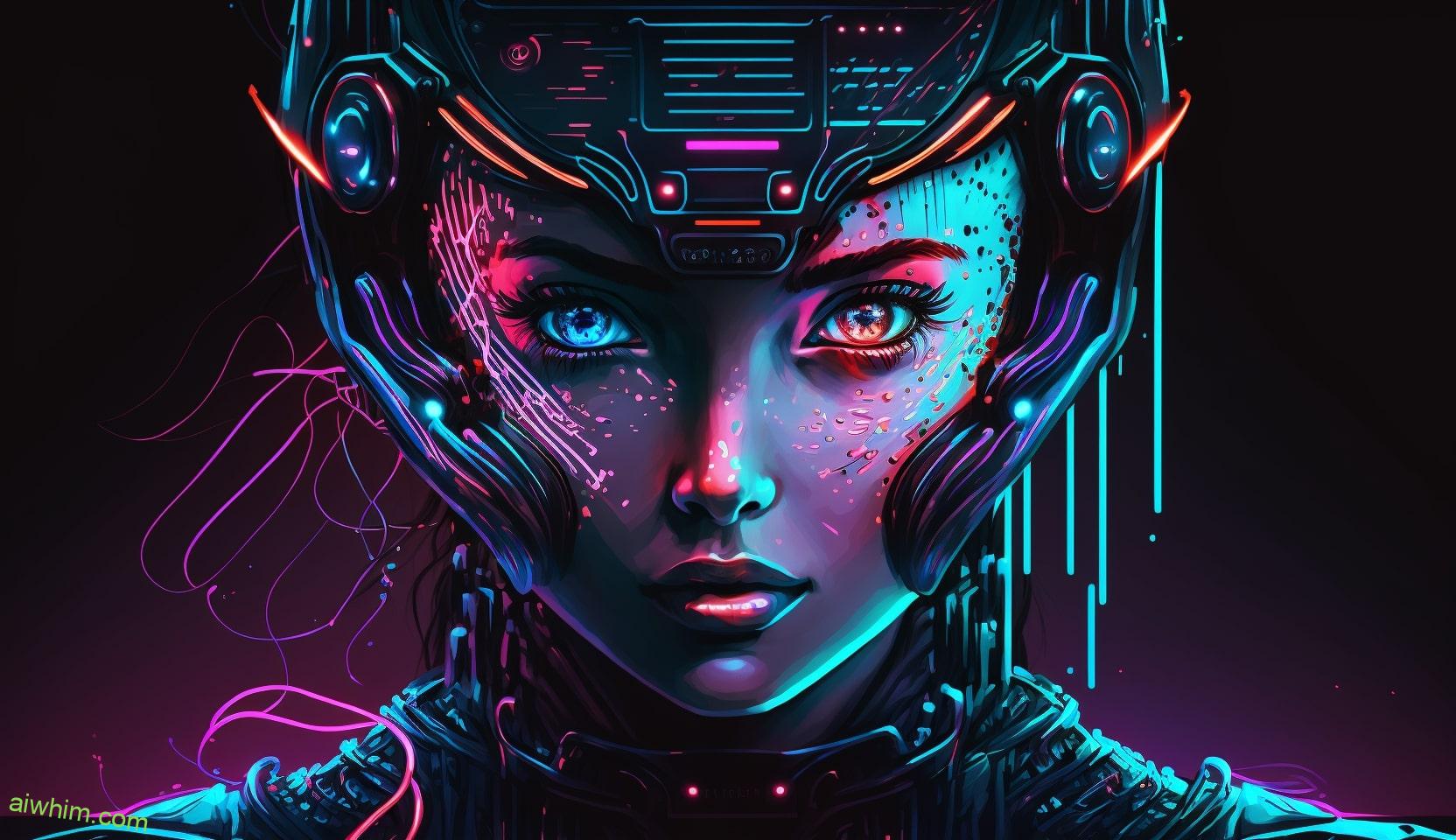
The Ethical Implications of AI in History
You must consider the ethical implications of utilizing AI in historical preservation, as it raises questions about the responsibility of historians in the interpretation and presentation of historical narratives. AI has the potential to revolutionize the field of history by automating processes such as document digitization, data analysis, and even the creation of historical narratives. However, this advancement comes with a set of ethical challenges that must be carefully considered.
One of the main ethical implications of AI’s impact on history is the potential for bias and distortion in the interpretation of historical events. AI algorithms are trained on existing data, which means they can inherit the biases and prejudices present in historical records. This raises concerns about the accuracy and objectivity of AI-generated historical narratives. As a historian, it is your responsibility to ensure that historical interpretations are fair, balanced, and free from bias.
Another ethical concern is the potential for AI to replace human historians. While AI can automate certain tasks and improve efficiency, it cannot replace the critical thinking and contextual understanding that human historians bring to the table. It is important to strike a balance between utilizing AI for its capabilities and preserving the role of human historians in the interpretation and presentation of historical narratives.
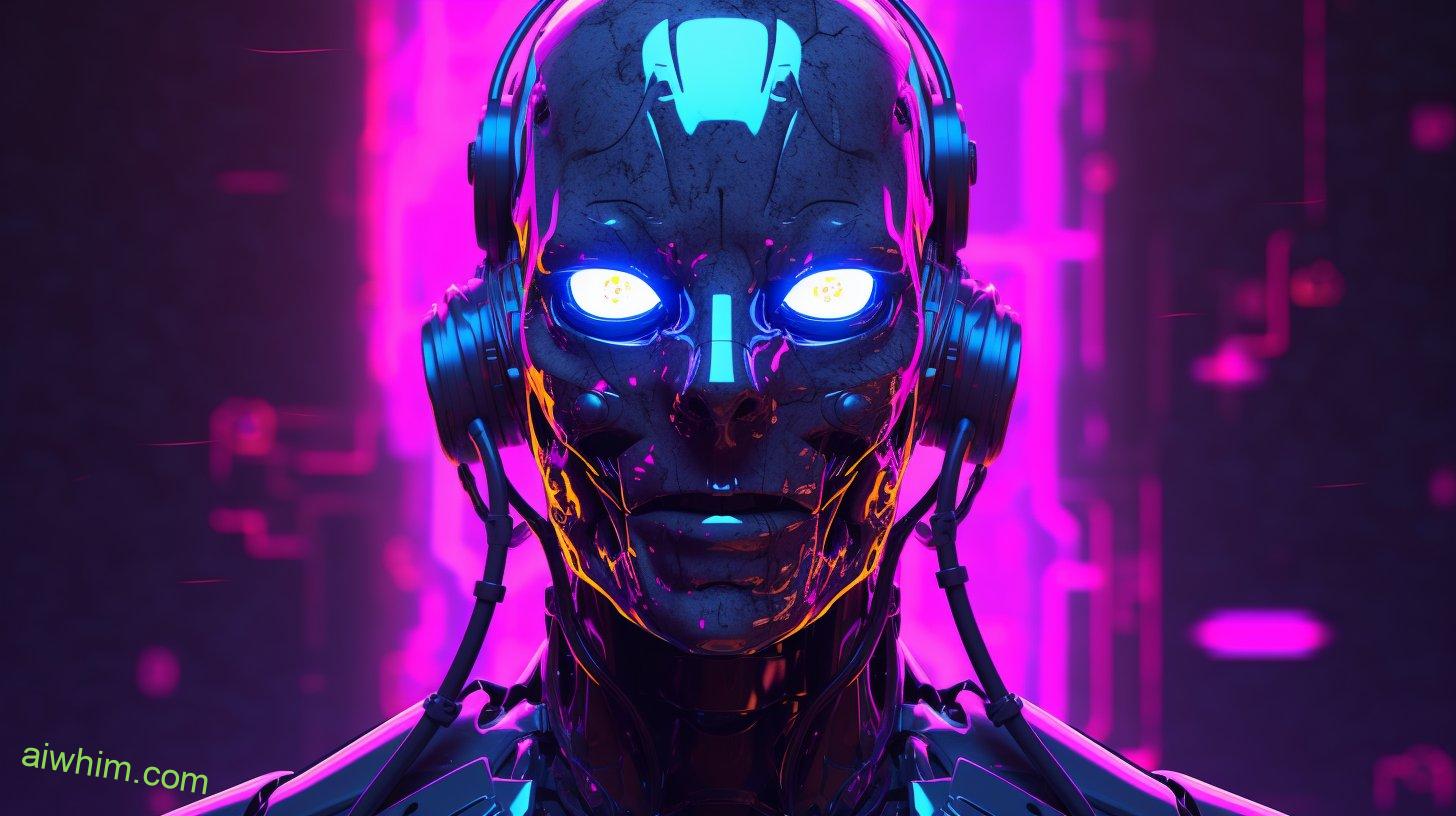
AI’s Contribution to Historical Interpretation
AI’s ability to analyze vast amounts of historical data and identify patterns can greatly contribute to historical interpretation. With its advanced algorithms and machine learning capabilities, AI has the potential to revolutionize the way historians study and understand the past. Here are a few ways in which AI’s impact on historical interpretation can be beneficial:
- Efficient data analysis: AI can process and analyze large volumes of historical data at a speed that would be impossible for humans to match. This allows historians to uncover new insights and connections that may have been overlooked before.
- Pattern recognition: AI can identify patterns and trends in historical data that humans may not have been able to discern. By recognizing these patterns, AI can help historians make connections between events and phenomena that may have seemed unrelated.
- Enhanced accuracy: AI’s analytical capabilities can help historians verify the accuracy of historical records and sources. By cross-referencing multiple sources and detecting inconsistencies or biases, AI can contribute to a more accurate understanding of the past.
- New research possibilities: AI’s ability to analyze and interpret historical data opens up new avenues for research. Historians can explore different perspectives and theories, and AI can assist in uncovering hidden narratives and shedding light on overlooked historical figures or events.
However, integrating AI in historical research also comes with its challenges. Some of the key obstacles include:
- Data bias: AI systems are only as good as the data they’re trained on. If historical data is biased or incomplete, AI may perpetuate these biases or overlook important perspectives.
- Loss of human interpretation: While AI can analyze data and identify patterns, it lacks the ability to provide the nuanced interpretations and contextual understanding that human historians bring to their work.
- Ethical considerations: The use of AI in historical interpretation raises ethical questions regarding privacy, ownership of data, and the potential for manipulation or distortion of historical narratives.
- Technological limitations: AI is constantly evolving, but it still has limitations. Historians must be aware of these limitations and ensure that AI is used as a tool to enhance their work, rather than replace or overshadow it.
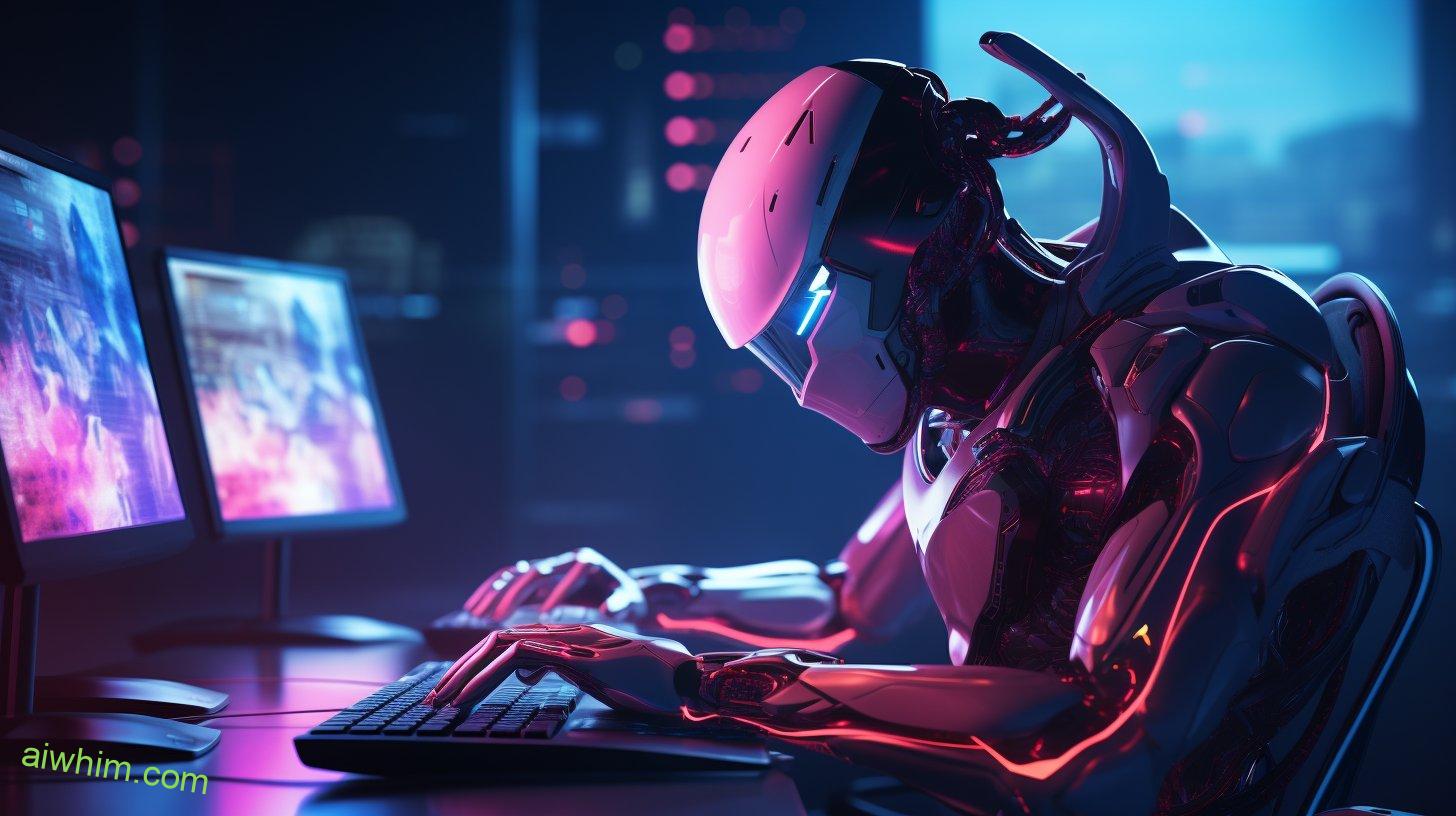
Enhancing Historical Education With AI Technology
Now, let’s dive into the exciting world of enhancing historical education with AI technology. Imagine walking into a history classroom filled with AI-powered tools and resources, ready to take your learning experience to new heights. With AI in history classrooms, you can embark on a journey through time like never before.
AI has the remarkable ability to revolutionize historical education by providing students with access to vast amounts of historical data, ensuring accuracy, and enhancing their understanding of the past. Gone are the days of flipping through dusty textbooks and relying solely on the knowledge of your teacher. With AI, you can explore primary sources, delve into different perspectives, and develop critical thinking skills.
One of the significant advantages of AI in historical education is its potential to improve historical accuracy. AI algorithms can analyze and cross-reference multiple sources to provide students with a more comprehensive and balanced view of historical events. Say goodbye to biased narratives and hello to a more nuanced understanding of the past.
Furthermore, AI technology can support interactive learning experiences. Imagine having virtual reality simulations that transport you to historical events or conversing with virtual historical figures who share their firsthand experiences. With AI, history comes alive, making it more engaging and captivating for learners.
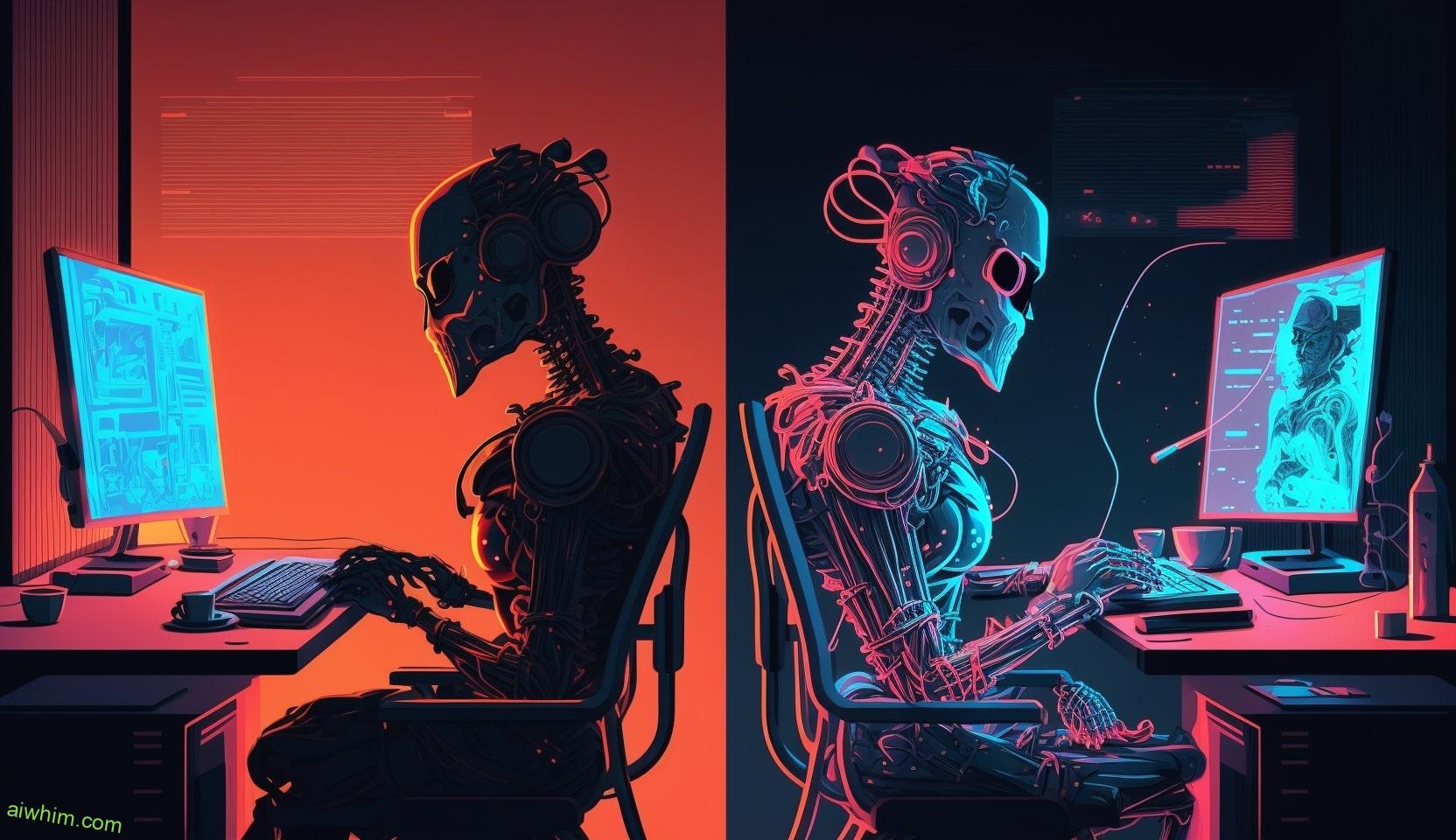
AI and the Future of Historical Archiving
Immerse yourself in a world where AI technology transforms historical archiving, preserving the past for generations to come. With AI advancements, historical research is undergoing a revolution, offering new possibilities and raising questions about the future of historical authenticity.
Here’s what you need to know about the intersection of AI and the future of historical archiving:
- Enhanced Preservation: AI algorithms can analyze and restore aging documents, photographs, and artifacts, ensuring their preservation for future generations. This technology rescues delicate pieces of history that may have otherwise been lost to time.
- Efficient Data Analysis: AI-powered systems can process vast amounts of historical data in a fraction of the time it would take for a human researcher. This speed allows historians to uncover patterns and connections that were previously overlooked, leading to deeper insights and a more comprehensive understanding of the past.
- Interactive Experiences: AI technology enables the creation of immersive virtual reality experiences that transport you to different historical periods. These simulations provide an interactive way to engage with history, allowing you to witness events firsthand and gain a deeper appreciation for the past.
- Collaborative Research: AI tools facilitate collaborative research by connecting historians from around the world. By sharing and analyzing data, researchers can collectively piece together different aspects of history, fostering a more comprehensive and nuanced understanding of the past.
While AI technology offers exciting possibilities for historical archiving, it also raises concerns about historical authenticity. As AI becomes more involved in the research process, it’s essential to ensure that the information generated maintains the integrity and accuracy of historical records. The future of historical research lies in striking a balance between the capabilities of AI and the expertise of human historians, working together to uncover the truth of our collective past.
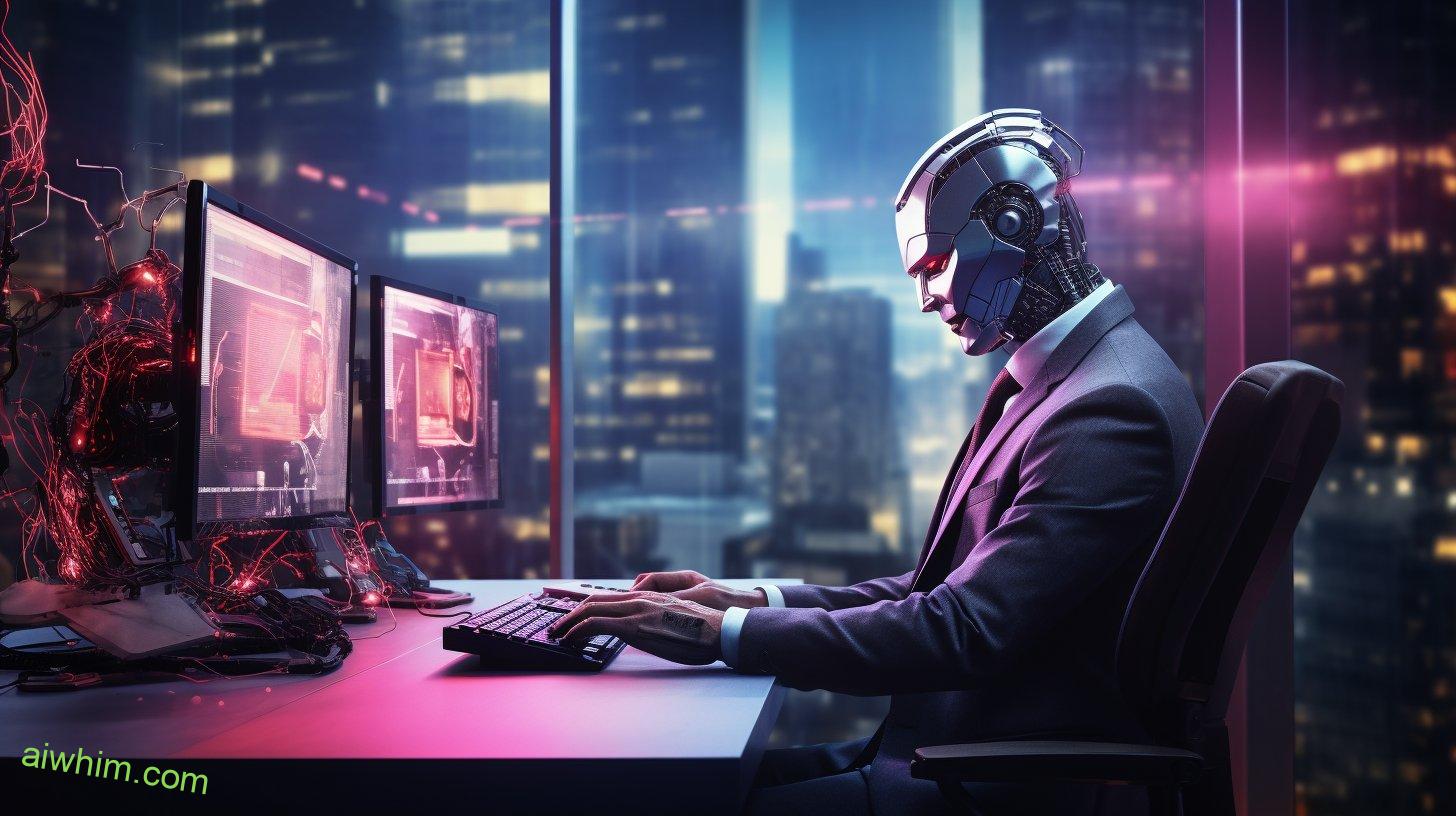
Collaborative Efforts: Historians and AI Working Together
As a researcher, you can benefit from the collaborative efforts between historians and AI, working together to uncover new insights and deepen our understanding of the past. The collaboration between historians and AI presents unique opportunities and challenges in the field of historical storytelling.
AI plays a crucial role in historical storytelling by analyzing vast amounts of historical data and identifying patterns and connections that may have been missed by human historians. With its ability to process data at incredible speeds, AI can assist historians in gathering and organizing information, allowing for a more comprehensive and accurate understanding of historical events.
However, collaboration between historians and AI also brings its own set of challenges. One of the main challenges is ensuring that AI algorithms are designed and trained in a way that reflects accurate historical perspectives and avoids bias. Historians must work closely with AI experts to ensure that the algorithms are properly trained and that the data used is representative and inclusive.
Another challenge is finding the right balance between the capabilities of AI and the expertise of historians. While AI can provide valuable insights and assist in data analysis, it’s ultimately the historians who possess the contextual knowledge and critical thinking skills necessary to interpret and make sense of the historical data. Collaboration between historians and AI should be seen as a partnership, with each party bringing their unique strengths to the table.

Charting a Path Forward: Balancing AI and Human Expertise in History
To chart a path forward in balancing AI and human expertise in history, you must prioritize collaboration and acknowledge the unique strengths that each party brings to the table. Balancing AI and human judgment in historical research is essential to ensure accuracy, efficiency, and the preservation of human creativity. Here are some key points to consider as we integrate AI into historical research:
- Leverage AI’s Data Processing Power: AI has the ability to analyze vast amounts of data quickly and efficiently. By harnessing this power, historians can uncover patterns and connections that might’ve been missed otherwise, allowing for a deeper understanding of historical events.
- Embrace Human Expertise: While AI can process data at lightning speed, it lacks the ability to interpret and contextualize information in the same way humans can. Historians bring critical thinking, empathy, and a deep understanding of historical context to the table. By combining AI’s data processing capabilities with human expertise, we can achieve a more holistic and nuanced understanding of history.
- Collaborate and Share Knowledge: Collaboration is key in balancing AI and human expertise. Historians and AI developers must work hand in hand, sharing knowledge and insights, to develop AI systems that are tailored to historical research. Open dialogue and collaboration can ensure that AI tools are designed to meet the specific needs of historians.
- Ethical Considerations: As AI becomes more integrated into historical research, it’s crucial to address ethical concerns. Historians must be mindful of the biases that can be embedded in AI algorithms and take steps to mitigate them. Additionally, transparency and accountability are essential in the use of AI to ensure that historical research remains objective and unbiased.
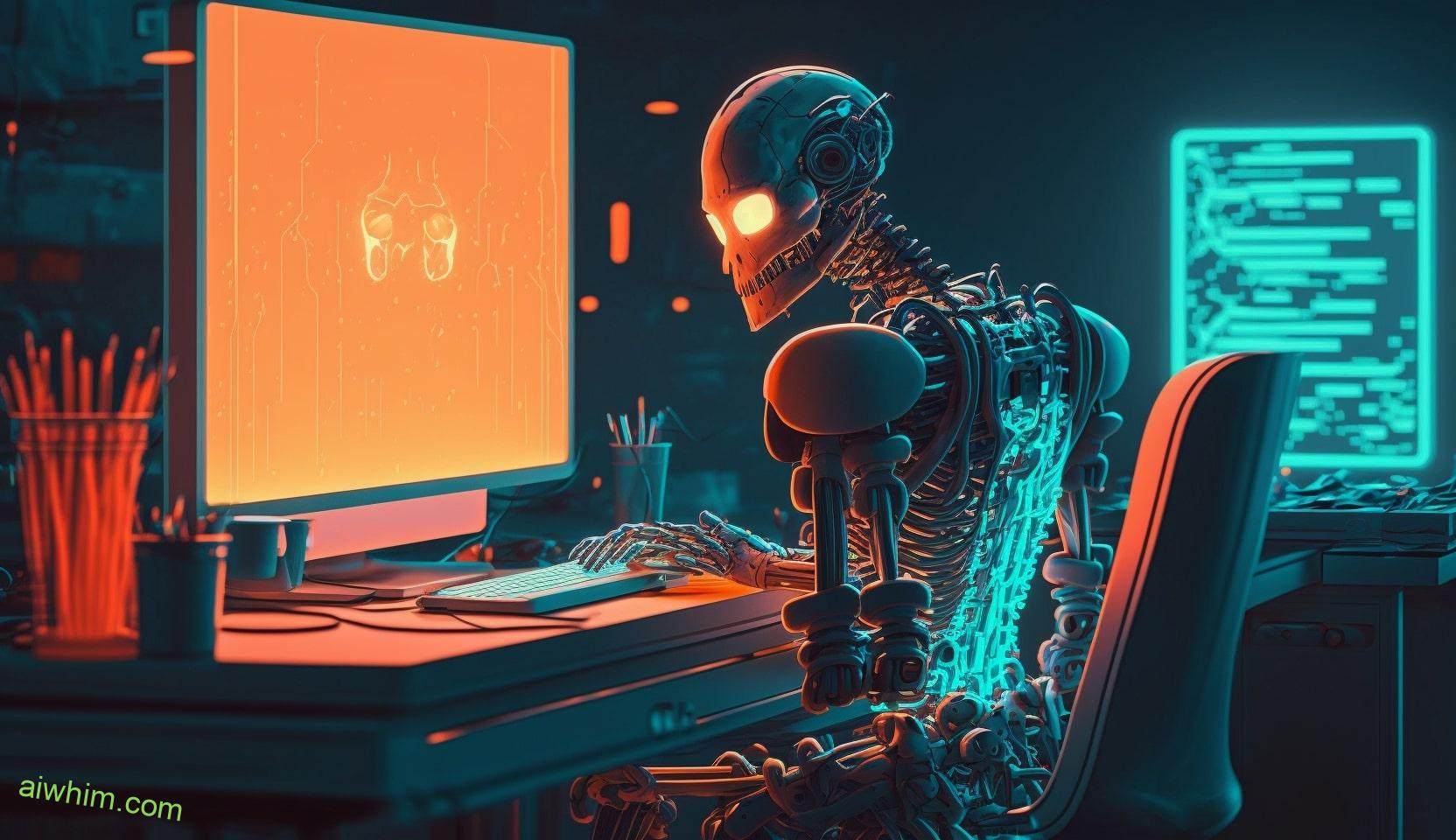
Frequently Asked Questions
How Has AI Technology Influenced the Process of Preserving Historical Documents?
Preservation techniques have been revolutionized by AI. With digitization advancements, historical documents can be scanned, analyzed, and stored more efficiently than ever before. AI complements historians’ work, ensuring a bright future.
What Are Some Ethical Concerns That Arise When Using AI in Historical Research?
When using AI in historical research, ethical implications and bias considerations arise. It is important to be aware of the potential for AI algorithms to perpetuate discrimination or inaccuracies.
How Can AI Technology Enhance the Interpretation of Historical Events?
AI technology can enhance the interpretation of historical events by analyzing vast amounts of data, identifying patterns, and providing new insights. It can assist historians in their research, making their work more efficient and expanding their knowledge base.
What Role Can AI Play in Improving Historical Education?
AI can greatly improve historical education by providing interactive learning experiences and access to vast amounts of information. It enhances critical thinking skills and encourages exploration, making history more engaging and accessible for all learners.
How Do Historians and AI Work Together Collaboratively in the Field of History?
Historians and AI collaborate in the field of history through collaborative research and data analysis. AI can assist historians in analyzing vast amounts of data, allowing for more efficient and comprehensive research.

Conclusion
As AI continues to revolutionize various fields, historians must embrace its potential in order to adapt and thrive in the future.
While AI offers numerous advantages in data analysis, preservation of historical documents, and enhancing education, it’s important to remember that human expertise and critical thinking are irreplaceable.
Like a symphony, the harmonious collaboration between historians and AI can create a powerful and nuanced understanding of history.
By striking the right balance, we can ensure a bright future for historians in the age of AI.


